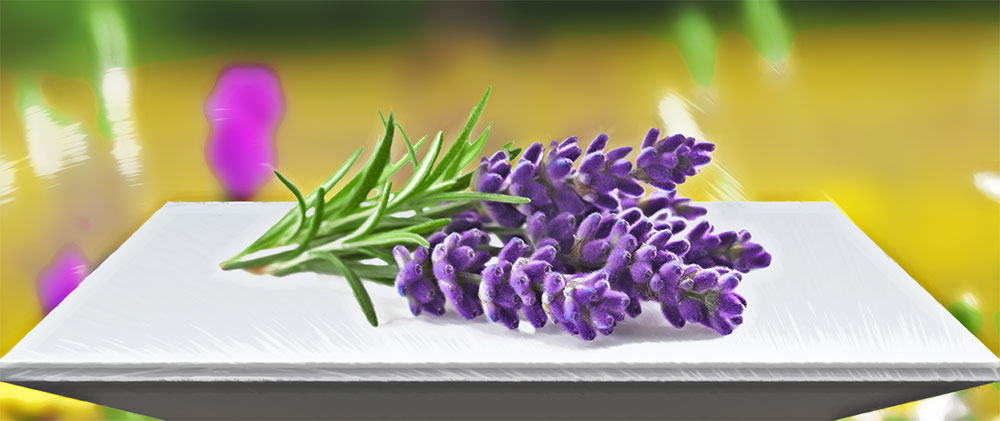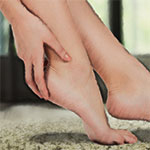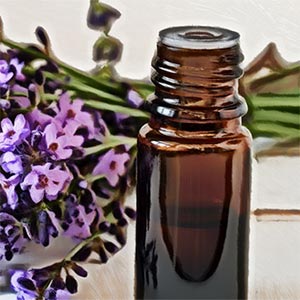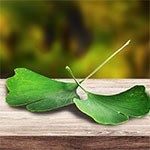
Lavender is a sweet-smelling herb that bears beautiful purple flowers. It has been used for more than 2,500 years for a myriad of nutritional and aesthetic purposes. For instance, ancient Romans used lavender oil to cook and freshen up their homes whereas the Egyptians mummified their departed ones using this herb.
Today, lavender herb is still used to make soaps, perfumes, beauty products and air fresheners. Its fresh, floral scent and dynamic aroma makes it appealing to ladies with a penchant for exquisite fragrances. But the question still lingers: what is lavender really used for?
Uses of Lavender Extract:
1. Treatment of Diabetes
Some studies were carried out by Tunisian scientists back in 2014 to determine how effective lavender oil was in controlling blood sugar. The results were simply eye opening. Lavender essential oil was found to control these diabetes symptoms:
- Weight gain
- Kidney and liver dysfunction
- Metabolic disorders
- Spikes in blood glucose
- Lipoperoxidation of the liver and kidney
Lavender was also found to be a more effective antioxidant compared to vitamin C (ascorbic acid). Although it’s just one preliminary study, more research on lavender continues to be conducted in an effort to find an all-natural cure to diabetes.
2. Maintaining Skin Health
Lavender has antimicrobial properties that can benefit your skin. Lavender herb oil is used together with Aloe Vera to sooth sunburns and heal dry, cracking skin. It also heals minor cuts and scrapes. If you desire to diminish your age spots, lavender oil will do the trick.
Lavender also has antioxidant compounds that help eliminate free radicals and toxins from the body. Use lavender essential oil to recover from sores and to sooth allergic reactions. There are many types of lavender herb extracts out there that are specifically aimed for your skin.
3. Improving Mood and Brain Function
Lavender was traditionally used to remedy neurological issues such as anxiety, stress, depression and migraines. A recent study conducted by the International Journal of Psychiatry in Clinical Practice revealed that lavender oil could effectively treat insomnia, anxiety and depression without causing any of the adverse side effects characterized by Prozac and other pharmaceutical drugs.
Research also hints that lavender could be used to control the development and symptoms of Alzheimer’s disease. Try using lavender extract to freshen up your home – this has been found to reduce anxiety and depression among postnatal women.
4. Soothing Headaches
Many individuals around the globe struggle with stress-induced migraines and tension headaches. Lavender oil acts as a natural cure for such headaches, and is being preferred to over-the-counter drugs. The European Journal of Neurology published a study in which people suffering from migraines inhaled lavender essential oil for only 15 minutes. They reported a significant decrease in pain.
Try inhaling lavender oil and rubbing some along your neck. The herb effectively relieves any headache that might be troubling you.
5. Preventing Insomnia
According to one study that was performed on college students, lavender essential oil helped to enhance sleep quality by almost 60% and also reduced the adverse symptoms of insomnia. Lavender could therefore help you fall asleep faster and sleep for more hours.
In another study, 10 men and women struggling with insomnia were put under lavender oil treatment. All of them recorded abrupt improvements in their sleep. Try lavender aromatherapy in your home if you have issues with sleeplessness.
Lavender Oil Home Uses
1. As An Air Freshener
Lavender has a fresh, floral scent and scintillating aroma that could quickly turn your grumpy mood into elation. You can either spray lavender oil in your house or diffuse it. Spraying it in your bedroom will create a relaxing aura to help you fall asleep faster.
2. As Perfume
Since it smells so good and doesn’t affect the skin, lavender oil is the perfect all-natural perfume. You needn’t apply too much – 2 to 3 drops will be perfect. Put these drops onto the palm of your hands and rub them together, then apply on your skin, hair and clothes. If you find the scent overpowering, dilute the oil with water to make it subtler.
3. As a Flavor Enhancer in Food
There are certain types of lavender extract that you can use in food. After all, what is lavender good for if it can’t make your meals taste great as well? Try putting lavender in your teas, salads, cakes and muffins. The herb is totally edible, but you only need to use tiny amounts in food because of its powerful taste.










